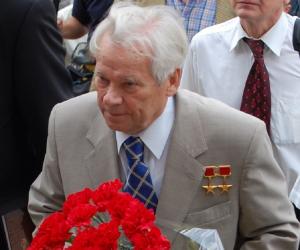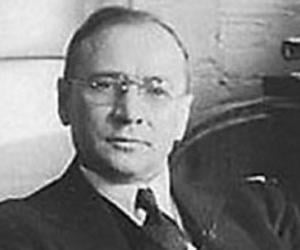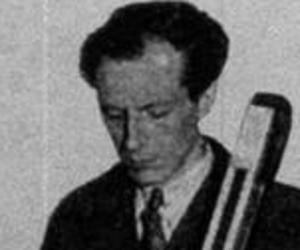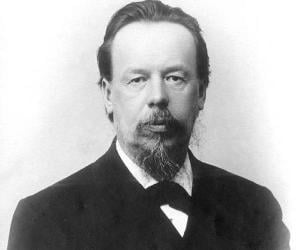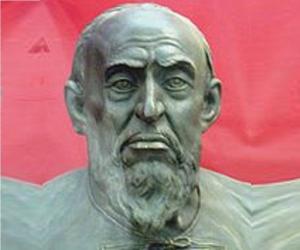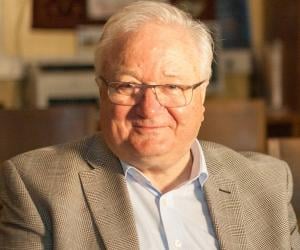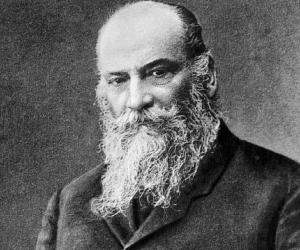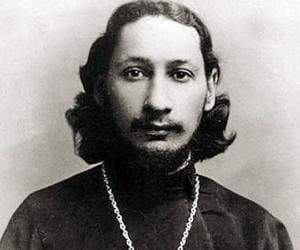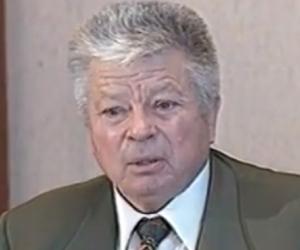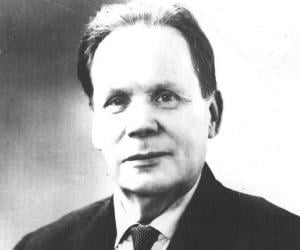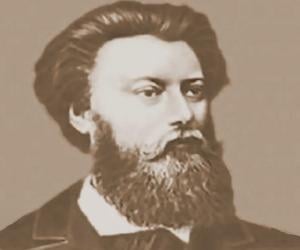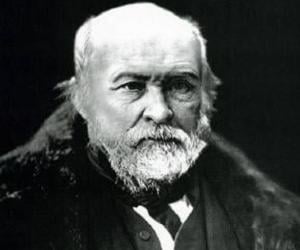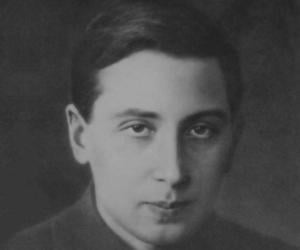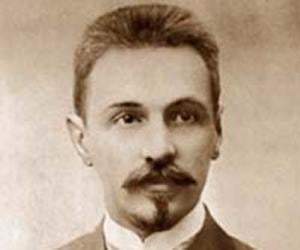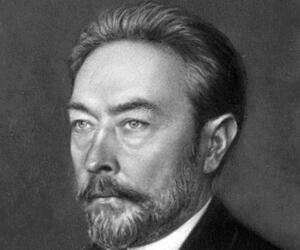1
Mikhail Kalashnikov
(Inventor of 'AK-47' Assault Rifle, PK Machine Gun and 'RPK Light Machine Gun')
Birthdate: November 10, 1919
Sun Sign: Scorpio
Birthplace: Kur'ya, Russia
Died: December 23, 2013
Mikhail Kalashnikov was a Soviet and Russian lieutenant general, inventor, military engineer, writer, and small arms designer. He is renowned for creating the iconic AK-47 assault rifle along with its variants, the AKM and AK-74, as well as the RPK light machine gun and PK machine gun. Kalashnikov's expertise stemmed from his self-taught tinkering skills and a deep understanding of weaponry. Despite grappling with the widespread misuse of his inventions, he took pride in the reliability and defensive nature of his designs.
